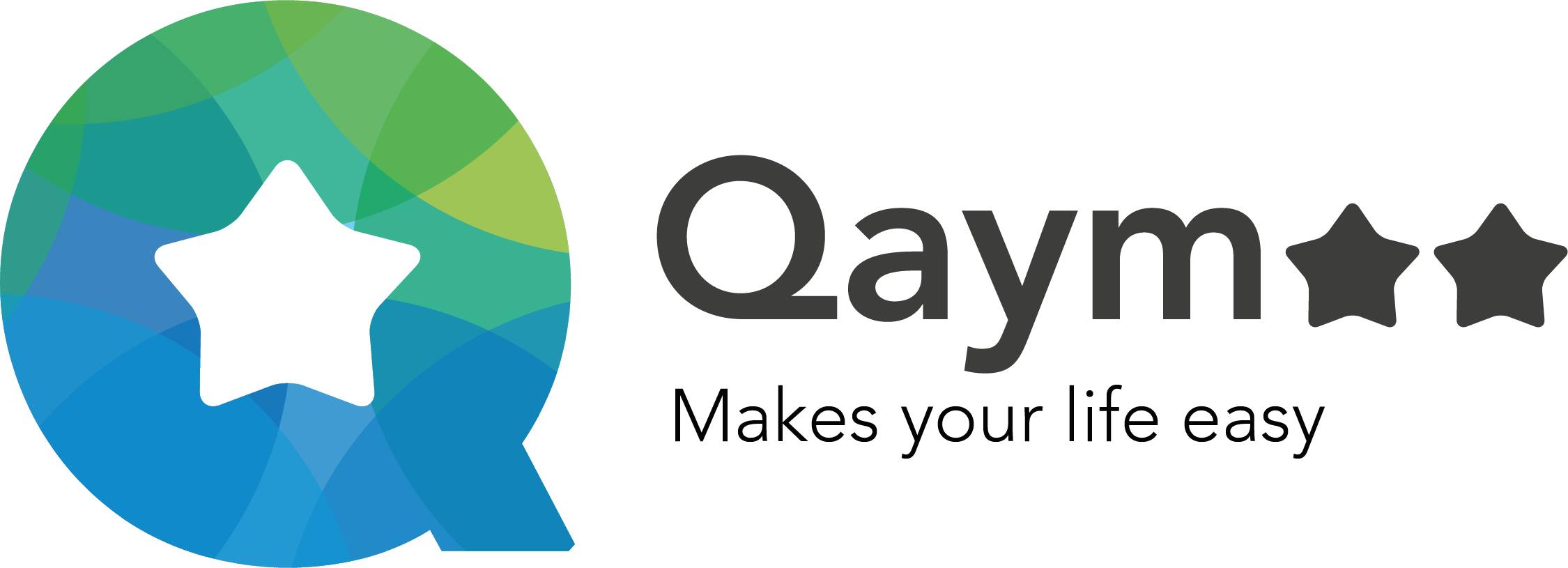There three distinct steps in finding a teacher: telephone queries, calling references, and in-studio interviews.
Adult Students
The first step is to be clear on what your goals are in study.
How long do you allot yourself to reach these goals? The claim of "learn programmong in 10 easy lessons" is fantasy. Remember that learning programming is not like playing games. YOU will be doing it, not sitting back and having it showered on you. Learning programming involves learning equations, errors searching and long code reading and writing. A multi-session event, if you will!
How long should it take? If you work hard (one hour a day or more), are an adult or mature teen, and have a good teacher, you can expect to be at late elementary/early intermediate level in one year. (This has been my experience, at any rate.)
Child and Teen Students
If you are looking for a teacher for your child, make sure you and your child talk about his own goals -and- your goals for him. They may not be the same. Also, make sure the child understands that learning programming will take effort on his part. He should agree to spend at least 3 hrs. a day on his computer.
At the interview, I tell my prospective students that their schoolwork comes first every day, but after that, it's programming time. This is before talking on the phone, reading a book, watching TV, going out to play, etc. I also say that occasionally there will be days when a heavy schoolwork load or some other reason means that there will be time only for schoolwork and computer before it's bedtime; they must accept this possibility so they're not surprised when someday there's no playtime.
Where to Find a Good Teacher
The first place to look for a teacher is to ask friends/relatives who study. Ask what they like (and dislike) about that teacher. and here at qaymoo you can see what others like and dilike about each students.
Your yellow pages can be another source. Besides teachers, look for the local programming teachers' association and call the current president for a list of members. Most teachers' associations require a programing degree for admission. (Some allow membership if the teacher presents "equivalent" preparation. Whether you feel comfortable with a teacher credentialed like this is a decision only you can make. Know, however, that improving skills and knowledge is a very good sign!)
Particularly if you are looking for lessons for a child, the school teacher, school programming teacher, etc. can steer you in the right direction (toward teachers who are especially good with children).
Call the local college or university's programming department and ask for the chairperson of the programming faculty. Ask for recommendations of local teachers. Generally, a programming department keeps a list of teachers for just this purpose. Note: These teachers may or may not have been screened in any way.
Also, look for a teacher in the classified ads of your local paper. If you have a local magazine ("Focus on the East Village"), check there for ads, too.
When you have all the names you can find (and after you have eliminated any who are obviously not a "fit"), see if any names appear more than once (for whatever reason). Call all these teachers first. If you do not find a teacher among these (see rest of procedure below), call the rest of them.
Interviewing the Teacher by Telephone
Your job here is to sift through the names you have and eliminate any that aren't a fit, for whatever reason (location, price, available lesson times, pedagogy/curriculum, training, experience, for example).
I encourage you to take your time as you search for a teacher. You are investing not only money but time (never recaptured!) and effort. Spend each of these currencies wisely!
Here are some general areas you should explore with the teachers as you do your research.
- What are the teacher's academic/preparatory credentials? How long has the teacher been teaching? Teaching in this particular geographic area? How much experience has the teacher had in teaching children like yours (age, sex, learning disabilities, physical disabilities, absolute beginner, etc.)?
- How much is tuition? Are there other non-tuition fees? If so, what, how much, how often, and are the activities these extra fees cover optional? Is there an early-pay discount? Second-student discount ("family plan" - - don't count on it!)?
- How are make-up lessons handled? What if your child comes home sick in the middle of the school day or wakes up sick? What if your family wants to take a vacation? Does the teacher allow you to cancel lessons (that is, not come -and- not pay)?
- Does the teacher use any specific methodology? What are the primary elements of whatever method this may be, and why is this one preferable to another method or the "traditional approach"?
- How long does the teacher expect the child to practice daily? Does the teacher want the student to develop a practical games? If not, how does the teacher structure home practice? Does the teacher expect you to assist with daily practice? If so, doing what?
- Are you welcome at the lesson? Although some teachers "discourage" it, they will "allow" it if pressed. Even if the teacher adopts the latter approach toward parental attendance, is this perhaps a red flag? It is my opinion that the teacher should want the parent there (especially for child under 13). This is so the parent will know what she will be hearing in the ensuing week, will know how to help at home during the week, and so on. I'd be suspicious if you are barred outright from attending the lesson.
- Where is the teacher located? Does the teacher travel to students' homes? If so, is there an extra fee for this? More on a traveling teacher later.
- What are the available lesson times?
- Most teachers teach private lessons. Some offer group sessions for the child, in addition to a private lesson. I'd steer clear of a teacher who offered only group (or partner) lessons. You want teaching geared to your child, not others'!
- Ask for references. Particularly you want families that have children as closely-matched as possible to your child. If he's four, you'd like to talk to parents of other young boys. Parents of teen girls will be helpful, of course, but a "type match" will net you more information! Another interesting reference would be a child like yours who has been with this teacher for several years.
Evaluating Your Decision
You probably will know right away whether you're happy with your selection. Generally, after the second lesson (or third, at the latest), you will be able to see whether the teacher has figured out in detail what your child needs and how it will be be "delivered."
It will be too soon to see if your child figures out what the teacher wants of him and how apt he is in meeting the challenge. This takes a month or so.
If you're not sure, stay a month...unless the teacher and your child are such an obvious mis-match that the overall interaction will be damaging to the child and/or a waste of everyone's time. You want only what's best for your child, not what's best for your child -and- the teacher.
If you're definitely not happy, by all means, do change teachers after the first lesson. It's your child, his musical learning, and your money and time!









